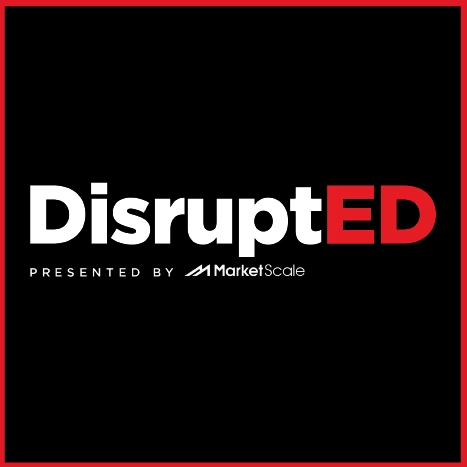Decarbonization Doesn’t Mean Less Profit: Part 2
As the world grapples with the urgent need for decarbonization, the stakes are high, with the Intergovernmental Panel on Climate Change (IPCC) warning that we have less than a decade to prevent irreversible damage to our planet. Amid this crisis, a remarkable trend is emerging: businesses are proving that it’s possible to prioritize decarbonization and still turn a profit. One such company, Engie North America Inc., has seen a $30 billion increase in revenue since deciding to transition from fossil fuels to renewable energy five years ago.
But how can businesses successfully navigate this transition and what does it mean for the future of the energy sector? These are the questions being explored in Part 2 of this episode of DisruptED, hosted by Ron Stefanski. Joining him is Kristen Fornes, VP Business Development at Engie North America Inc., who shares her insights on running a profitable sustainable business.
In this episode, they discuss:
- The economic incentives that can drive sustainable practices.
- The role of the public and nonprofit sectors in facilitating the transition to renewable energy.
- The challenges and opportunities in hiring talent for a rapidly evolving industry.
Listen to Part 1 here.
Kristen Fornes, originally from Dayton, Ohio, moved to Chicago in 2008 to pursue a finance degree at DePaul University. She began her career in energy sales and quickly moved up the ranks at Engie, a company that has undergone a remarkable transformation in the last five years. Engie has transitioned from being a fossil fuel giant to a leading player in renewable energy, demonstrating that it’s possible to run a profitable, sustainable business while contributing to the fight against climate change.




